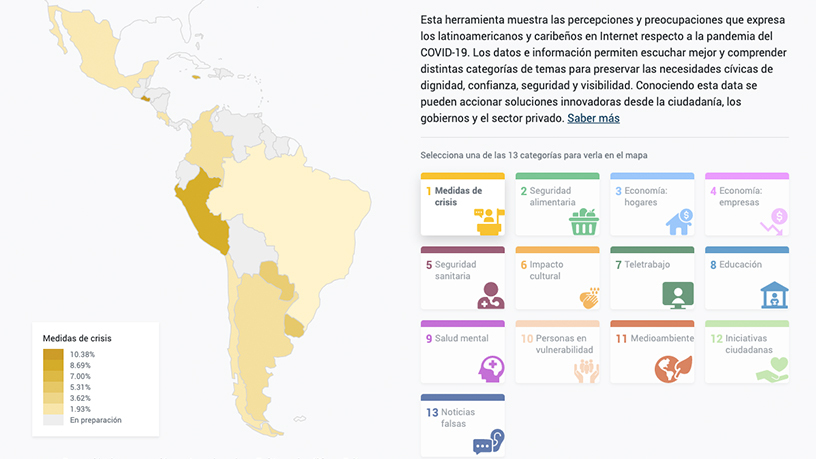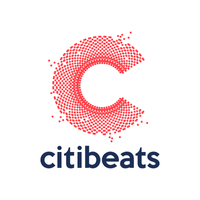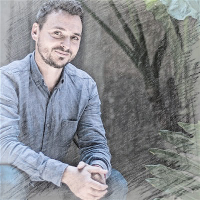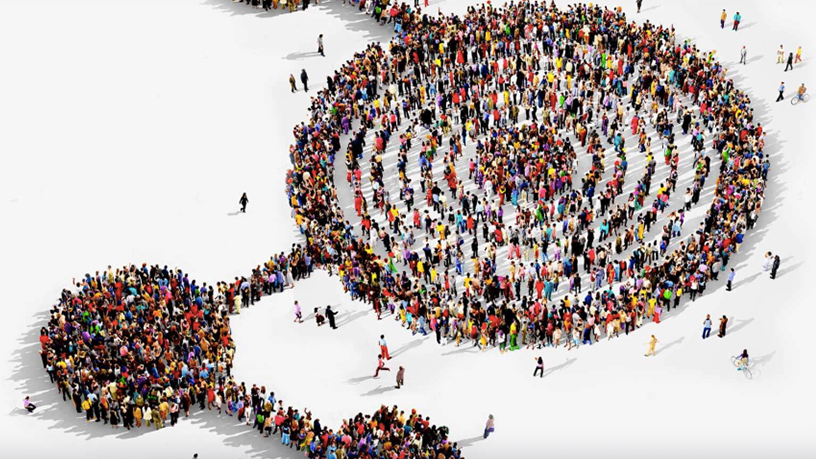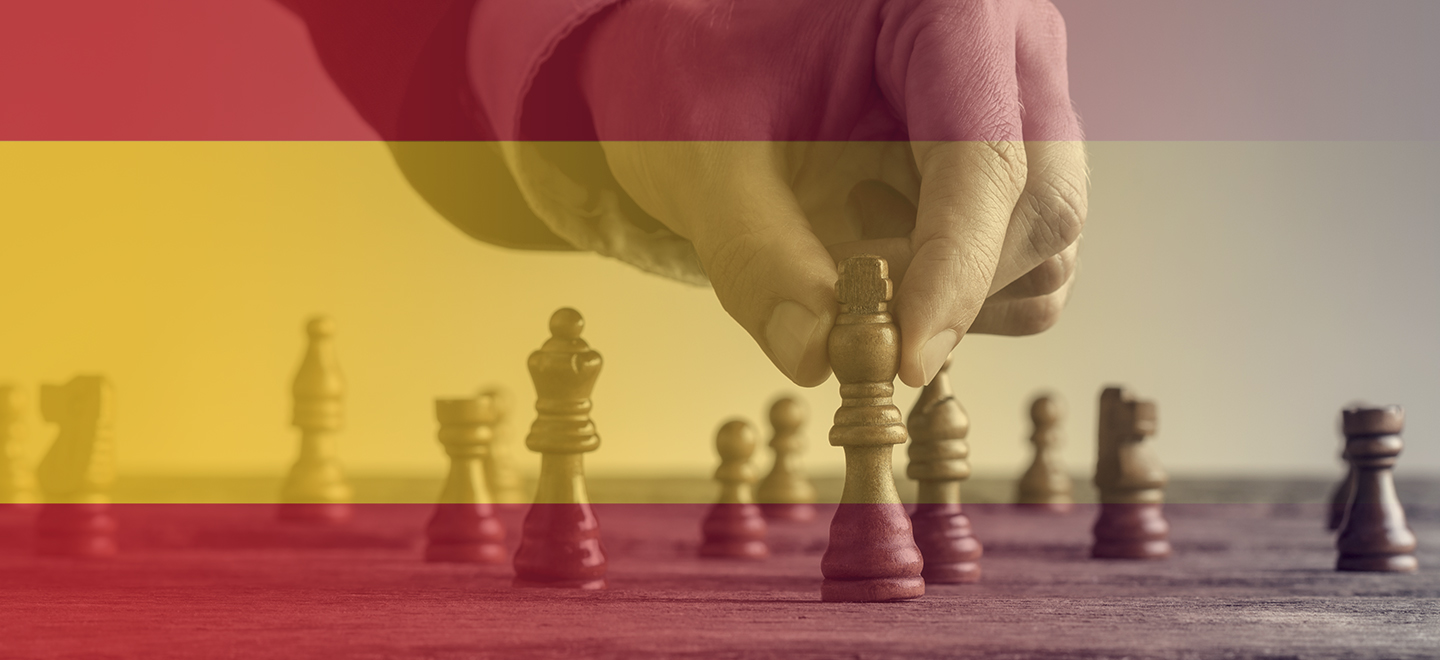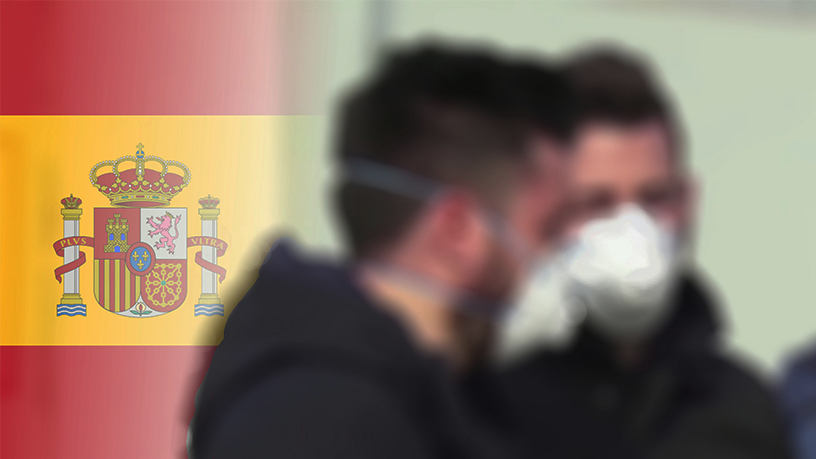Citibeats, the Barcelona-based startup providing social trends AI monitoring, is helping the Inter-American Development Bank (IDB) to identify and monitor health, social and economic distress in Latin America and the Caribbean resulting from the Covid-19 pandemic.
Over 49% of online conversations about coronavirus relate to health and economic security concerns, according to the IDB, the largest provider of development financing for the regions. It is now increasing urgent aid to communities badly affected by Covid-19 issues.
In collaboration with the IDB, Citibeats has launched Civiclytics, an online “public observatory” platform for LatAm and the Caribbean, where users can upload, visualize and download information “anonymously in a transparent and ethical way,” said Citibeats CEO and founder Iván Caballero in an interview. Citibeats also collates and analyzes the data to produce actionable insights from the social listening.
This way, government bodies can detect issues and the communities they affect, and the varying levels of distress, so they can provide timely support and interventions to ensure vulnerable communities aren't overlooked. Businesses could similarly use the information and insights to come up with relevant products and solutions.
The IDB found that Argentinians seem to be more prone to solidarity initiatives, while Peruvians are mainly concerned about the government measures adopted to deal with the pandemic. Chileans and Uruguayans fear most about the threats to the economic stability of their countries and businesses. Such diverse scenarios indicate the importance of using evidence-based targeted actions to manage a variety of social needs.
This interview has been edited for length and clarity.
Why did the IDB choose Citibeats?
We are the reference ethical AI platform in Europe; we focus on the citizens and comply with strict EU regulations. When I say “ethical AI,” I mean we guarantee users' data privacy. We also make sure that the data obtained is representative of the population group being analyzed. Furthermore, we ensure that each project will have positive social impact in the lives of citizens.
How did Civiclytics start? How does it work and what is its goal?
At beginning of 2020, just before Covid-19 hit Europe and the Americas, the IDB asked for our support to monitor a big social crisis in Chile. We started to work on the first version of Civiclytics, an internal observatory of citizen participation that can detect social problems in real time. We launched the platform just a month before the Covid-19 outbreak and we had to upgrade very fast.
Any citizen, entrepreneur and company can access Civiclytics and use it to develop solutions
As soon as the outbreak started [in LatAm], we noticed a proliferation of new data sources from social initiatives and platforms that monitor citizen behavior and needs. Since we specialize in analyzing text-based data sources and translating such data into actionable plans, we decided to launch Civiclytics as a public observatory where users can upload, visualize and download information anonymously in a transparent and ethical way.
On our end, we will aggregate these information sources altogether to produce social actionable insights. Any citizen, entrepreneur and company can access Civiclytics and use it to develop solutions in response to emergency situations.
How many Covid-19 related projects will be handled in the following months? What will be the impact on your revenue growth?
In just a week, we received requests for 15 new projects. We aim to finalize the projects by June 4, at the latest. We are looking to close the year with revenues of €400,000 for the Covid-19-related projects and about €2m for the entire company.
Are governments involved in these projects?
Not in this phase. However, our next step will be to work with governments that can sponsor us with more in-depth data. Getting access to points of interest by neighborhood, city or country would allow us to map all the pharmacies, supermarkets and hospitals in a given area. If citizens talk about a hospital collapsing, we can flag it up quickly on the map for immediate action. We are currently in talks with four governments and also with UN-Habitat to kick-off pilots within the next few weeks.
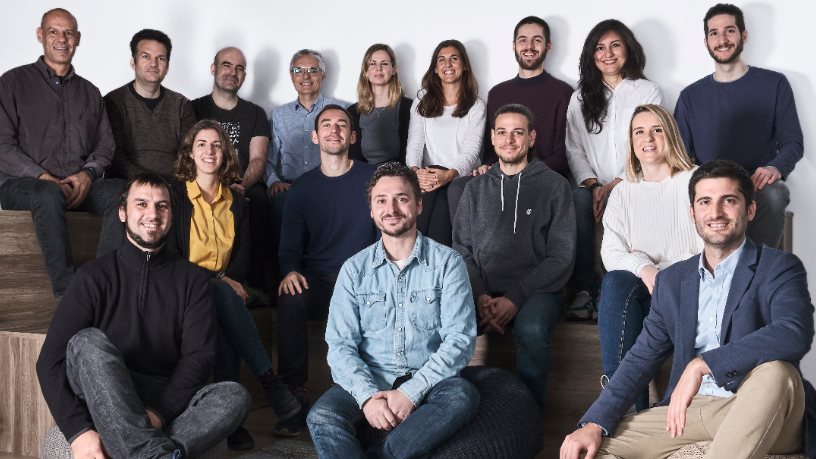
You are backed by a mix of national and international investors. In the current situation, which ones have best supported you and why?
Local investors that are close to us have called me personally to offer their support. Bigger investors like Everis, Bankinter and Wayra have taken more institutional actions. Wayra, for example, is doing a great job acting as a radar by sharing with us public initiatives to help entrepreneurs during this crisis.
We are mostly backed by Spanish investors; the IDB is a breakthrough for us. I cannot imagine any best partner at this moment, IDB turned out to be our main client when most of our projects slowed down. This has pushed us to bring out the best of our products.
If citizens talk about a hospital collapsing, we can flag it up quickly on the map for immediate action
What kind of metrics and KPIs are you looking at to measure the impact of your initiatives? Do you have numbers to share?
We look for data-validated initiatives when addressing social issues. Since the launch, we’ve engaged with more than 200 users. We have 1,300 unique visitors and registered over 2,000 web sessions.
How many people are working on the Covid-19 project? Are you looking to expand your team for the development and management of new projects?
We currently have 18 team members. We are looking to reach a total of 24 by the end of the year. But we are freezing new hiring until we fully understand the economic impact of Covid-19, whether it will be positive for us or not. Since the outbreak started, we have seen existing businesses frozen while completely new ones are coming in.
At the moment, our new businesses are generating revenue that's double those of our ongoing projects. We need to understand whether this is something recurring, or if it's just the result of a panic reaction.
How is your team handling remote working? What processes have you put in place to manage teams remotely?
We work with Agile. So, what we did was just extending our methodology across the team. We also optimized the communication flow within the management, and from the managers to the team. We are working hard and very well, even though we're tired. The allocation of workload is important. We also introduced what we call “remote-regeneration” activities, ranging from personal coaching to weekly meditation – we want to facilitate a healthy lifestyle.
